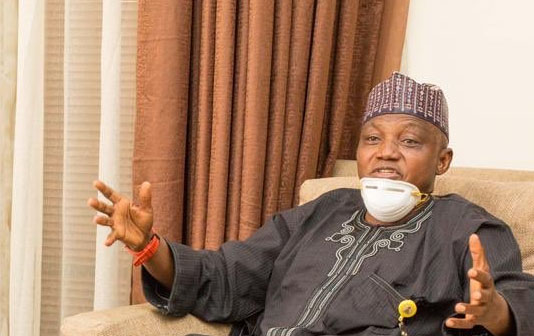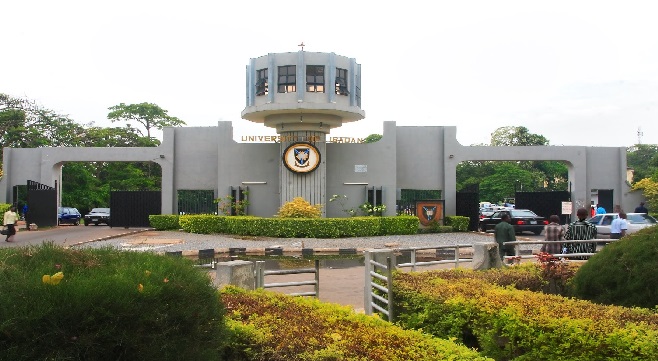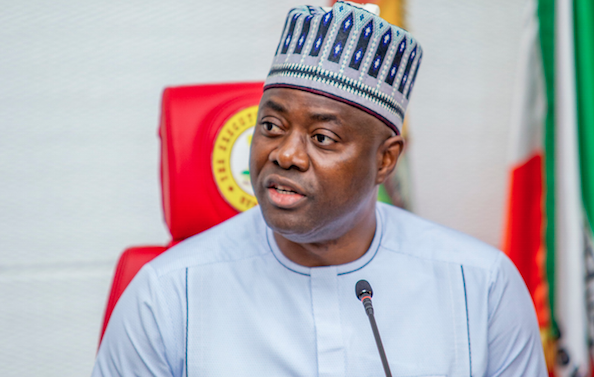Verisk Maplecroft, a risks analysis and data intelligence company, says Nigeria is one of the oil-producing countries most vulnerable to political instability.
This is contained in the company’s political risk outlook 2021 report released on Thursday.
The report attributed the global migration from fossil fuels to political and public pressure to tackle climate change.
It warned that those who fail to adapt “could face steep changes in credit risk and policy or regulatory volatility as they enter doom loops of shrinking hydrocarbon revenues, political turmoil, and failed attempts to revive flatlining non-oil sectors”.
Advertisement
“With the energy transition accelerating and Covid-19 hollowing out any recovery oil made over recent years, time is running out for a number of countries that have failed to diversify their economies away from exporting fossil fuels,” the report read.
“According to our data, Algeria, Iraq and Nigeria will be among the first casualties of a slow-motion wave of political instability that will engulf the most exposed oil producers over the next three to 20 years.”
Crude oil contributes half of the government’s income and about 90 percent of Nigeria’s foreign exchange earnings.
Advertisement
In April 2020, Mele Kyari, group managing director, Nigerian National Petroleum Corporation (NNPC), had said Nigeria had to beg buyers to purchase its crude oil at a meagre price of $9 per barrel.
West African countries including Angola, Gabon, Congo, Cameroon and Equatorial Guinea, with “fragile autocratic or semi-autocratic political systems”, were also named as high risk.
The report noted that most oil-producing countries have failed to diversify or have gone backwards since the 2014 oil price crash.
It said if countries’ external break-evens remain above what markets can offer, the available option will include drawing down foreign exchange reserves like Saudi Arabia since 2014 or devalue their currency like Nigeria or Iraq in 2020.
Advertisement
The Central Bank of Nigeria (CBN) devalued the naira twice in 2020.
Verisk Maplecroft said such measures will help in “rebalancing their imports and exports at the expense of living standards”.
“Our analysis suggests that many, if not a majority, of net oil producers are going to struggle with diversification largely because they lack the economic and legal institutions, infrastructure and human capital needed,” it said.
“Even when such institutions are in place, the political environment, corruption or governance challenges and entrenched interests mean some may not reform their way out of trouble, even where it is clearly the rational course.
Advertisement
“If a storm breaks, it will break first in Algeria, Nigeria, Chad and Iraq. It will be all the more disruptive here because of these countries’ fixed or crawling exchange rate regimes.”
The report noted that the United Arab Emirates, Qatar, Saudi Arabia and Kuwait are more politically stable than most of their oil-producing counterparts.
Advertisement
It said their economic institutions and resources make them better able to diversify.
Advertisement






